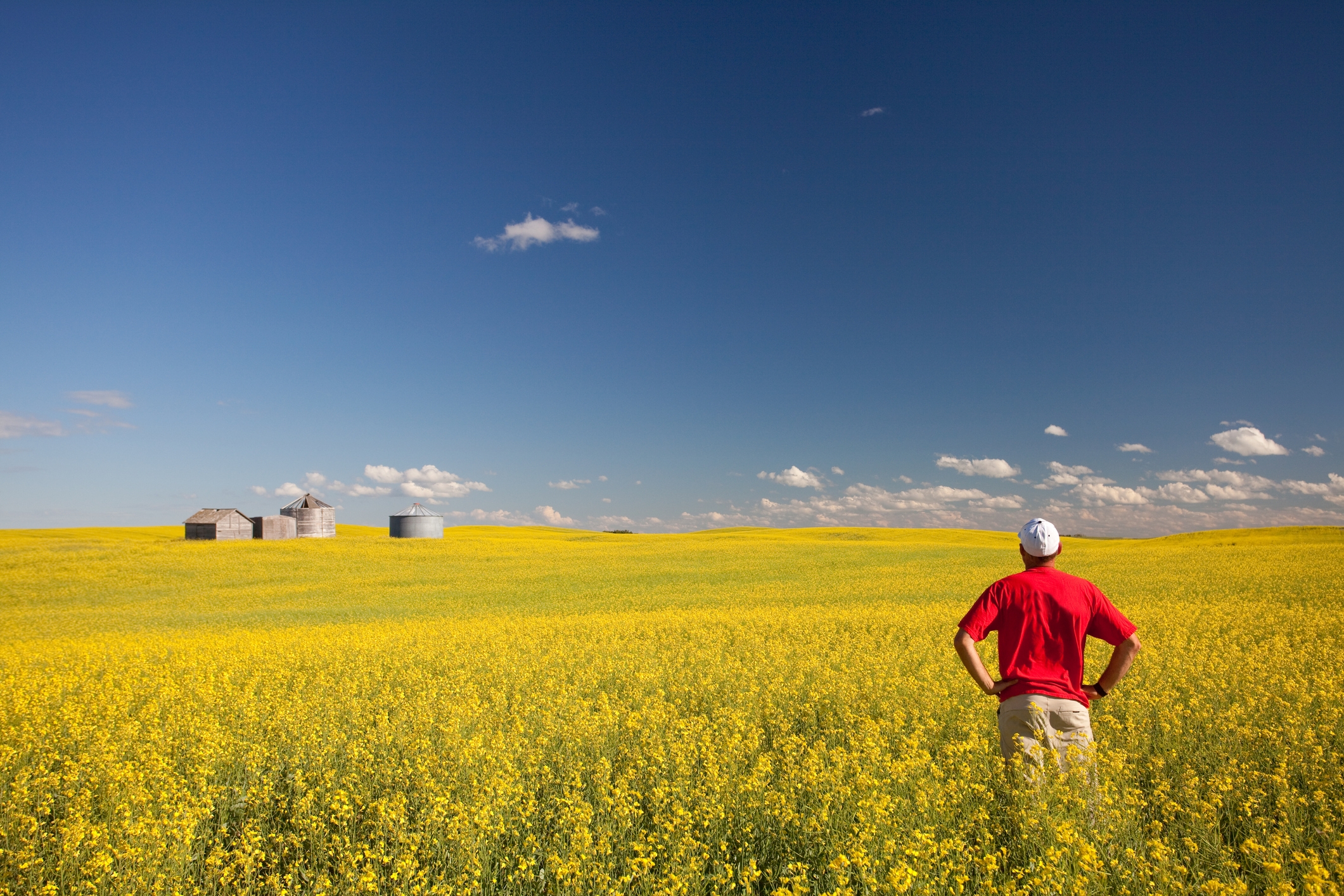Do you find yourself daydreaming sometimes?
I do. I spend quite a bit of time driving, which provides opportunities for scheming and dreaming. When I was farming and tired of listening to the radio, what else was there to do but think and plan and dream? I don’t buy lottery tickets but I’ve sure won that grand prize dozens of times.
Joel Barker is quoted as stating, “a vision without action is merely a dream. Action without vision just passes the time. Vision with action can change the world.”
On today’s farms, with so much going on, it is easy to get caught up with the busy-ness of action and not take the time to connect the work being done — the action — with vision.
But let’s focus this discussion on the imperfect act of dreaming and to the associated “what ifs”.
What if you hadn’t taken the risks and bought those parcels of land years ago?
One farmer told me that land has always been too expensive and always will be too expensive. He made that statement when he was in the process of buying a significant chunk of land that, at the time, seemed an exorbitant price.
One reason people farm is to make money. Different than other businesses, there are two ways farmers can make money — through profit and through capital appreciation. A great deal of the wealth accruing to farm families across Canada is from capital appreciation on land.
So pretty much any decision to have purchased land in the past has been an excellent investment decision. But does that mean buying land now will have the same outcomes? That’s the million dollar question, literally, on many farmers’ minds, but only time will tell.
One question to ask yourself is how much is enough? Again, no easy answers. One way to get some context when thinking about this question is to model your financial situation (net worth) forward 10 or even 20 years. I’ve worked with farm families on this exercise. You may be surprised at what the modeling indicates.
What if you sold the farm in its entirety, crystalized the gains and embarked on something completely different?
Most farm families will likely scoff at this notion, but it’s an analytical tactic that can be used to gain a better understanding of a complex question, as in “should we buy that land at today’s values?” The tactic is to gain a measure of context by examining the situation in the extreme.
I’ve done this myself numerous times. It doesn’t provide concrete answers, but it helps create understanding. When I’ve used it, it’s helped me get my head around a complex situation.
So, to the question. What if you sold the farm and did something completely different? What could that be? Remember, we’re not working here at developing the vision for your farm business in the future. We’re dreaming and thinking in terms of “what if” as a way to better understand a tricky question with no obvious right answers.
What if you were to give up management control of the business to your daughter and/or son?
There will be a bunch of daughters and sons out there who will be saying “yeah, why not?” I respect that transitioning away from management on a farm, after having worked it for decades, is not easy.
This is an interesting “what if.” It’s different than the “what if” associated with selling the farm outright because this is aligned with the vision many parents have, that children farm and carry on the legacy. And in this instance, the dream and vision are one and the same.
The action Barker refers to, though, holds back the retiring generation of many farm families. They are not able, for many different reasons, to let go of the management. Many will say it’s not about control per se, but a function of timing and their own sense of purpose. That may be correct. After all, one only gets to fully retire once.
Many star athletes retire only to later un-retire and start playing again. Not surprisingly, this often doesn’t go so well. There would certainly be major impacts on a farm family if the parents fully retired and gave up management control only to rescind their decision and assume management again.
But what if you were to fully give up management control to your children now, and not defer that action? Taking that action fulfils the vision.
It seems to me that many of the retiring generation who struggle with management control forget that they were in their children’s’ position once and that they encountered challenges and worked their way through them.
Their children will too, just not exactly as the parents might. More than one way to skin a cat? Yup. Just like there’s more than one way to manage a farm.
If you would like to speak to one of our consultants about this topic, contact us.



